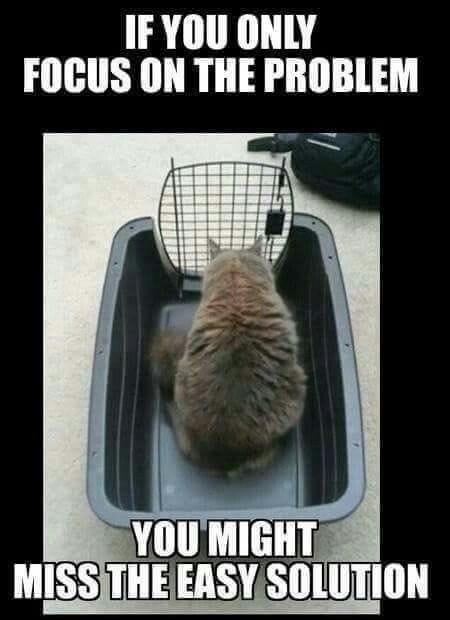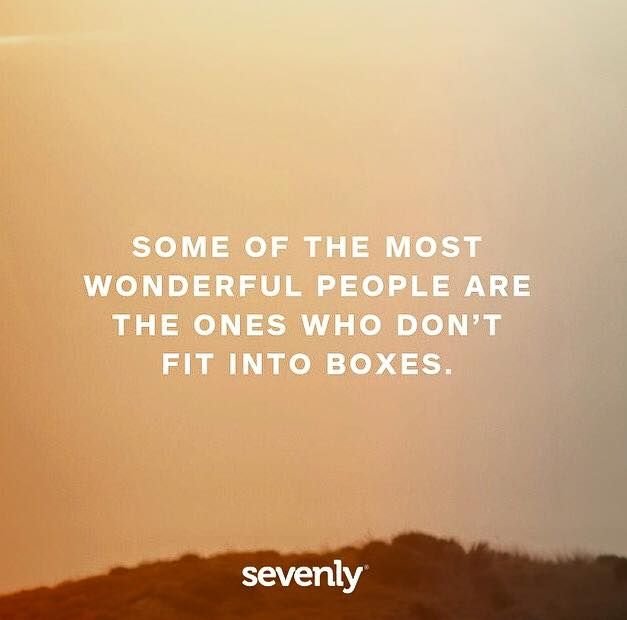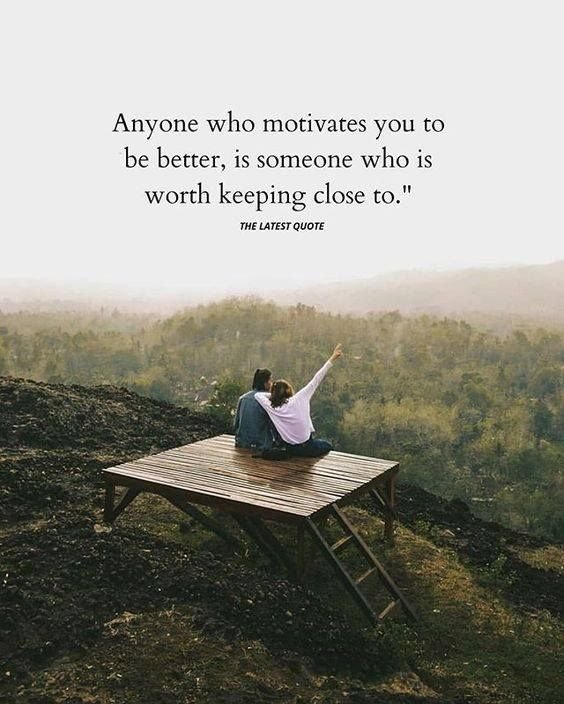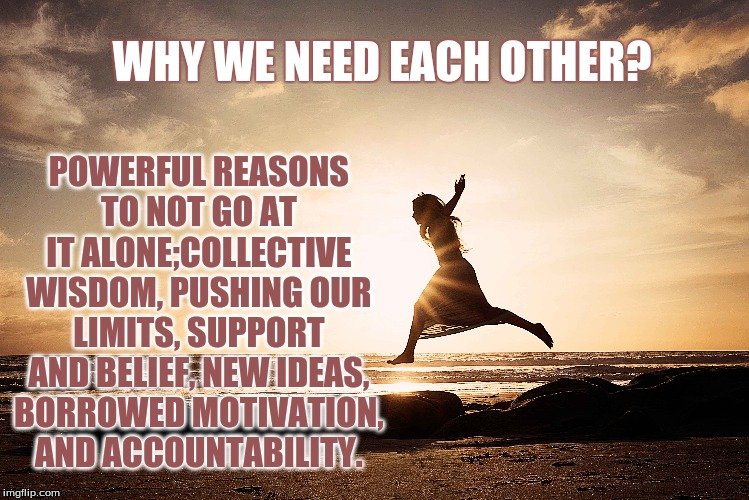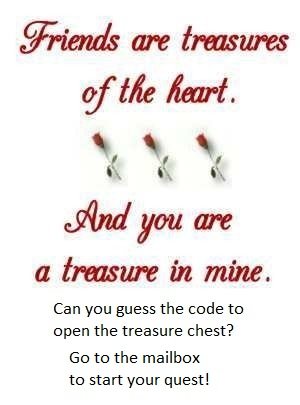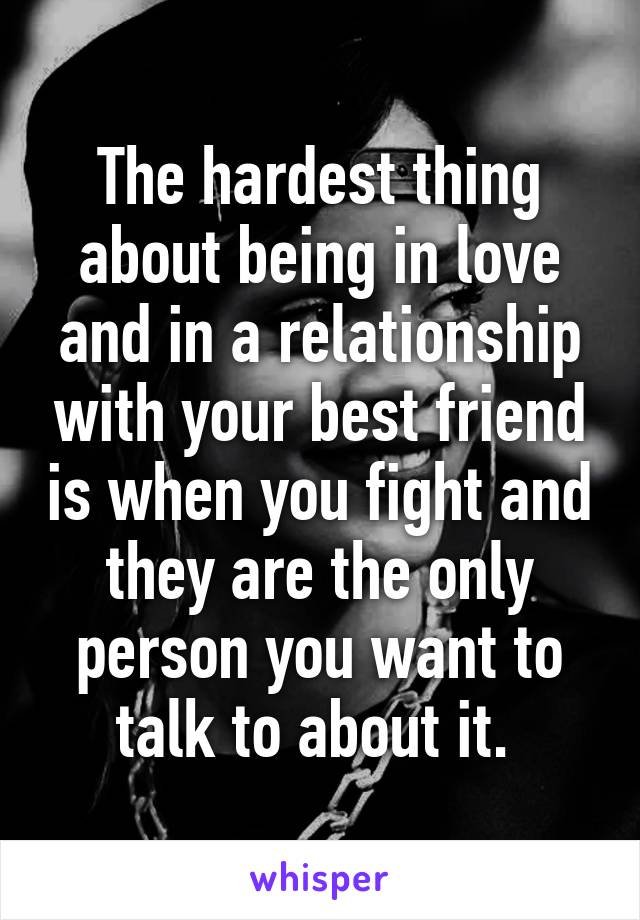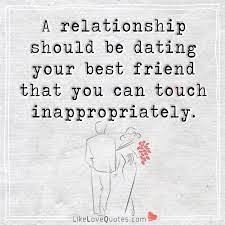Recently I have posted a fair bit about change and the ways that small changes to our own personal lives and circumstances impact our friendships and how even the smallest changes can actually have widespread social consequences. This is largely unintentional, but true none the less. This week I wanted to talk about what happens when the dynamic between 2 friends shifts as a result of a change.
I witnessed this happen when a friend of mine described a catch up between herself and an old friend. The 2 had worked together for many years, and for most of that time, my friend was in a less than ideal romantic situation. So my friend spent many hours at the office photocopier with her coworker disclosing the latest dramas and crying over things that were not worth her tears. Her friend was older, and wiser, more settled and happily exploring the new territory that comes with being a grandparent! She seemed like the perfect soft place for my friend to fall and was always there for support, guidance and advice.
However, eventually my friend found freedom from the toxic ex, and found new love. The happy, peaceful, reciprocated kind that flows smoothly and gains rapid forward momentum, and what seemed like a more natural distance started creeping into their friendship, as my friend had less to share over the photocopier and there wasn’t too much common ground between them. This gap only widened when my friend changed jobs and the photocopier as a place of exchange was completely removed.
That’s not to say they didn’t keep in touch. Impressively, and pleasingly, they did, which anyone who has shifted jobs before knows is not always the case. They still liked and valued one another, despite the lack of common ground, and wanted to maintain their closeness. However, the terrain started shifting fairly rapidly when my friend’s friend found herself in a dramatic romantic pairing at the same time that my friend started settling down into domestic bliss with her new partner.
Although my friend had never seen the dynamic as heavily one sided before, perhaps that was because the tea was all flowing from her pot, while her friend’s cup was always full with the latest dramatic episode. In other words, my friend did most of the talking and her friend did most of the listening! Not that it is realistic to believe sharing should be, or will ever be exactly 50 50, as my friend was always conscious to ask after the grandkids and make space for her friend in the conversation, however it had never dawned on her that these interactions were much shorter; a kind of after thought as they closed conversation over the photocopier and returned to their desks.
Now, things had changed and my friend noticed on their most recent catch up, that she had things she felt were exciting happening in her life that she had hoped to share, however her friend seemed to be the one pouring all the tea this time, and my friend’s cup was literally overflowing and could not keep up with the conversation. My friend’s friend desperately needed to share her own dramatic excapades, and, while interesting enough, my friend did not have the same level of interest or patience for these stories as her friend had shown her over the photocopier years earlier.
What goes around comes around, time to pay up!
Her cup may have not been quite so full, had she had the chance to pour a little back into the conversation and share about herself, but her friend was simply in no space to hear positive news. It wouldn’t be fair to paint her as a foul weather friend, someone only interested in your negative dramas, it’s just that she had her own, and negative dramas have this pressing heaviness. They need to be shared more urgently than positive news. And, if you have a friend who is struggling, perhaps it may even seem socially insensitive to go boasting about your own life?
So, as a result, my friend never found the opening to share her news, and she left the catch up somewhat uninspired and unsatisfied with the new dynamic. It felt unbalanced and uncomfortable, although she was able to acknowledge perhaps her friend had felt similarly over the years and it was her turn to be patient and stable and offer support and guidance.
It’s just that human’s don’t always adjust well to change, especially changes like these. Or, for example, when parents start needing care or acting like children and the roles shift, it feels unsettling, strange, and we crave the stability and safety of the way things were. That said, most of the time, these changes are here for the foreseeable future and we just have to navigate them.
My friend lives in hope that her friend will eventually come to find her way forward from the dark drama encapsulating her now, and that they will be able to shift the foundations again when neither has a flurry of negative news to share, however as she discussed it with me, I wondered if this is the exact nature of unequal friendships. How much you feel heard and seen directly relates to how close you feel to a certain friend. But how much they feel seen and heard also directly relates to how close they feel to you in return? Of course, sometimes how much, and how vulnerably someone shares with you also helps you feel closer to them, however I have to wonder if that is symbolic. Like, “this person trusts me enough to share this deeply personal news, they must like me and trust me. So I like them in return.”
Regardless, if someone ever says to you that they feel you are their closest friend, and it leaves you scratching your head, this might be why! It may be that the person in question finds you easy to talk to and share openly with…. The question is, why don’t you feel similarly? Do they listen to you? Do you feel comfortable sharing with them? Do they ask about you, show interest and hold space for you in conversation? If not….. the dissonance is likely to remain.
When you are spilling the tea with your friends, make sure you are both given the opportunity to pour, which is speaking, and drink, which is listening, or someone is going to get burnt!
❤ Love,
Your Best Friend ForNever
xx




























